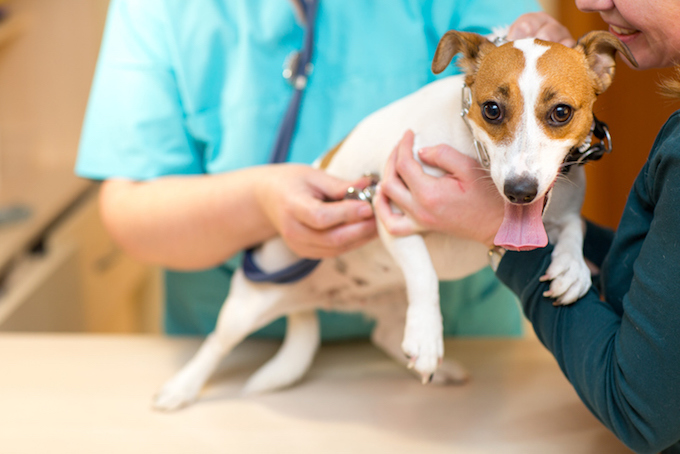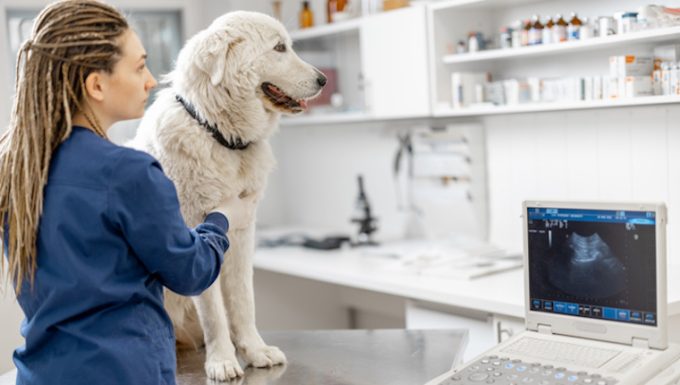Chemodectoma in dogs is a condition that happens when tumors form in the heart and carotid artery. Thankfully, the tumors are often benign.
Unfortunately, flat-faced dogs including Boxers and Boston Terriers suffer from the condition at a higher than normal rate. Additionally, male dogs and older dogs seem more at risk of the condition.
If you see the signs of chemodectoma in your dog, then get to a veterinarian for a proper diagnosis and treatment.
Here’s what you should know about the symptoms, causes, and treatments for the condition.
Symptoms of Chemodectoma in Dogs
The condition produces a range of symptoms. For example, some of the most common symptoms include:
- Acting weaker than usual
- Acting lethargic
- Collapsing
- Vomiting
- Breathing problems
- Coughing
- Anorexia
- High heart rate
Causes of Chemodectoma in Dogs

The cause of the condition can be a combination of environmental and genetic things. For instance, it is suggested that dogs living at high altitude suffer from the condition a lot. This is due to a comparative lack of oxygen.
Additionally, flat-faced (brachycephalic) dogs seem most at risk of the condition.
Treatments for Chemodectoma in Dogs
Firstly, your vet will ask about your dog’s symptoms. Secondly, your vet will ask about your dog’s medical history. This will include any breed-specific problems.
Thirdly, a full physical examination will be carried out. Blood and urine tests will also be taken.
Additionally, X-rays and ultrasounds can be used to identify the issue. Although a biopsy of tissue mass will be used to ultimately confirm the condition.
Unfortunately, the condition is hard to treat. Generally, radiotherapy and surgery to remove the tumor can be attempted. Your vet can also advise you on lifestyle changes that can help to make your dog more comfortable.
Have you ever cared for a dog who suffered from this condition? How did your vet help your dog recover? Let us know in the comments section below.




